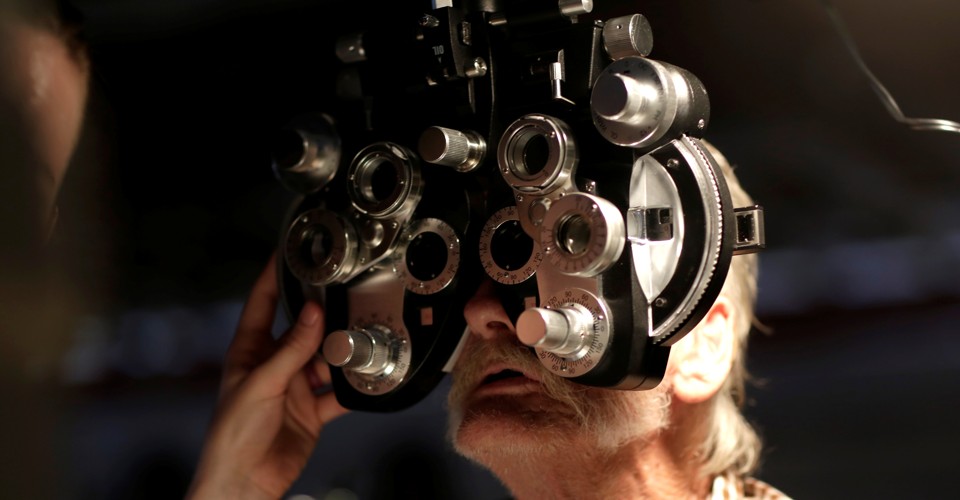
Then I went to Lima, Peru, to give a talk. There, I found a storefront optician, told a clerk my strength, and purchased a few months’ worth of contact lenses. Though my Spanish is rudimentary, the transaction took about ten minutes.
The ordeal led me to look into a fact that has puzzled me ever since I moved to the United States a dozen years ago. In every other country in which I’ve lived—Germany and Britain, France and Italy—it is far easier to buy glasses or contact lenses than it is here. In those countries, as in Peru, you can simply walk into an optician’s and ask a store employee to give you an eye test, likely free of charge. If you already know your strength, you can just tell them what you want. You can also buy contact lenses from the closest drugstore without having to talk to a single soul—no doctor’s prescription necessary.
So why does the United States require people who want to purchase something as simple as a curved piece of plastic to get a prescription, preceded by a costly medical exam?
The standard argument in favor of the American status quo is that impaired vision may point to serious health problems that a new pair of glasses will neither treat nor heal. Compelling Americans to see an optometrist helps to ensure that the largest possible number of cases of progressive eye diseases will be caught at an early stage.
As Barbara Horn, O.D., the president of the American Optometric Association (AOA), told me, “Today, at least 2.2 billion people around the world have a vision impairment, of whom at least 1 billion have a vision impairment that could have been prevented or has yet to be addressed … That’s why it’s clear to health experts, policymakers, the media, and the public that increased access to eye exams and eye doctors are needed to safeguard health and vision.”
But this argument rather begs the question. After all, the added cost of having to see an optometrist presumably stops many Americans from accessing the corrective lenses they need to improve their vision. Is the desirability of an eye exam performed by a medical professional a sufficient reason to prevent Americans who would rather not—or cannot—visit an optometrist from buying glasses and contacts? We can only answer this question by acknowledging a trade-off between competing goods.
On the one hand, some number of Americans who visit an optometrist to get a new prescription will indeed discover that they have a serious condition that requires immediate care. On the other hand, it is likely that a much greater number keep wearing glasses that are too weak—or won’t wear glasses at all—because they want to avoid the cost, time, or stress of a visit to a doctor.
I have not been able to find any studies that credibly assess how this barrier affects Americans’ quality of life. But it’s reasonable to assume that it has an adverse impact on many people, especially underprivileged Americans—those who don’t have insurance, have little cash, or lack the social or financial capital to navigate our country’s byzantine medical system.
from Hacker News https://ift.tt/2OoWAan
No comments:
Post a Comment
Note: Only a member of this blog may post a comment.